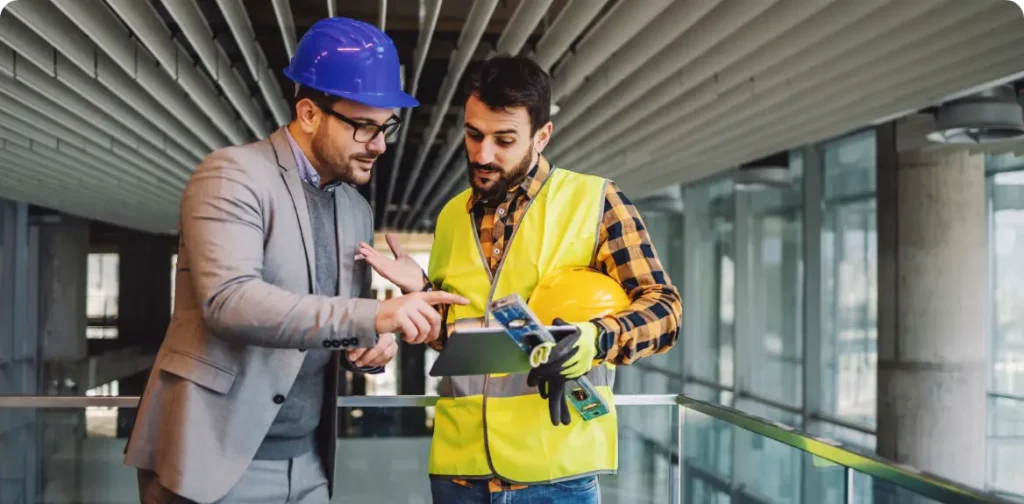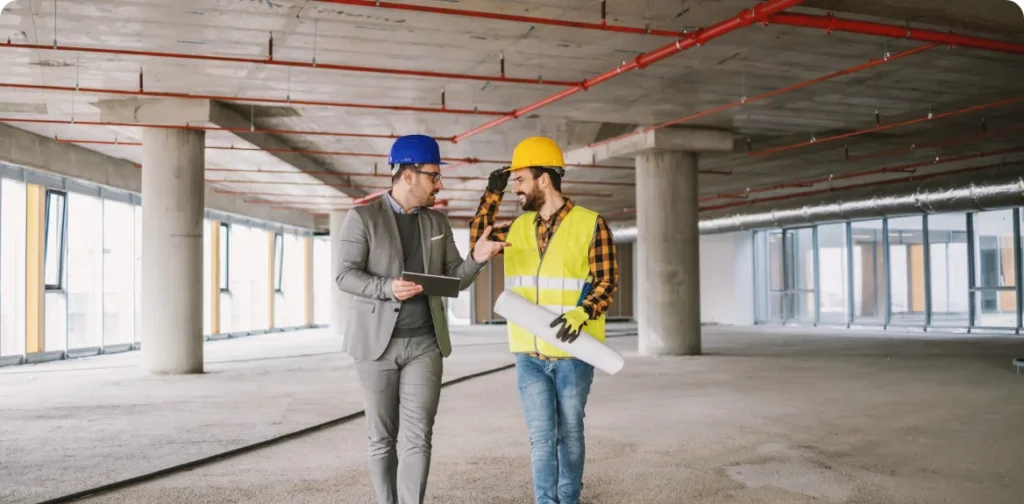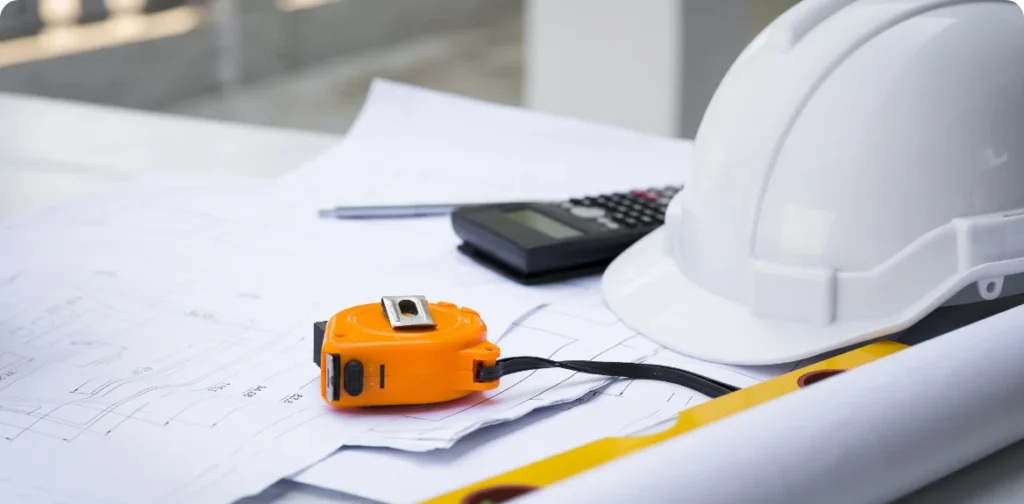Stay ahead of the curve
Explore our in-depth insights and the latest trends in technology and innovation, carefully crafted to guide you through key change drivers and accelerate impactful value creation.

Meet Metam at Chicago Build Expo 2025
Metam at Chicago Build Expo 2025 By Metam Architecting tomorrow’s built environment Chicago, IL – October 29-30, as…
Read more
From Risk to Reward: Save Up to 60% on Microsoft D365 F&O Licensing
From risk to reward: Save up to 60% on Microsoft D365 F&O licensing By Amine Romdhane, Data and…
Read more
From vision to execution: Strategy and management consulting for the built environment
From vision to execution: Strategy and management consulting for the built environment By Metam Strategy and management consulting…
Read more
Accurate construction cost estimating: Importance and key steps
Accurate construction cost estimating: Importance and key steps By Metam Abstract Accurate construction cost estimating ensures realistic budgets,…
Read more
Growth enablement : How AEC executives can scale faster through shared services?
Growth enablement : How AEC executives can scale faster through shared services? By Metam Abstract AEC executives can…
Read more
Construction compliance automation: The future of health and safety management
Construction compliance automation: The future of health and safety management By Metam Abstract Construction compliance is evolving with…
Read more
Growth enablement through shared services: a new operating model for the AEC industry
Growth enablement through shared services: a new operating model for the AEC industry By Metam Abstract For AEC…
Read more
The leadership blueprint for adopting AEC managed services across multi-project environments
The leadership blueprint for adopting AEC managed services across multi-project environments By Metam Abstract Successfully adopting managed services…
Read more
Partnering with AEC managed services provider to co-create operational excellence
Partnering with AEC managed services provider to co-create operational excellence By Metam Abstract Traditional outsourcing is no longer…
Read more